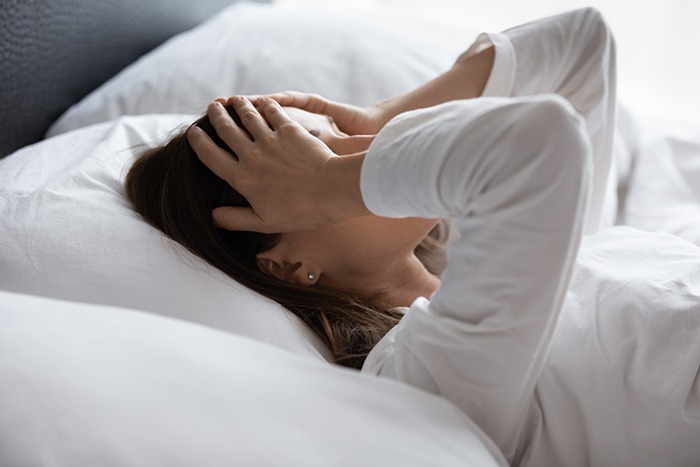Sleep anxiety is a term for that feeling many of us know very well—you’ve had a rough couple of nights of sleep and you’re so worried about falling asleep, that it inhibits your ability to do so even further. That’s sleep anxiety, which can make insomnia even more of an issue than it already is for millions of Americans.
In order to kick sleep anxiety out of the space that it’s renting in your head, Ellicott Center for Rehabilitation and Nursing has four tips on how to cope with this condition.
- Stop Reading About Sleep
If you’re worried about your lack of sleep and end up turning to the internet for help, you will probably find articles discussing the importance of good sleep. Instead, trick your body into thinking that not getting enough sleep on a certain night isn’t that big of a deal by letting go of how you’re supposed to feel and even treat yourself with your favorite meal or something else you enjoy after a poor night’s sleep.
- Don’t Feel the Need for Sleep
When you’re going to bed, don’t obsess over trying to get a full night’s sleep or a certain amount of hours of shut-eye. Try to think of it like this: if you get sleep, great; if not, no big deal. You already know you can function without sleep (Step 1), so worrying about sleep just makes things worse.
- Don’t Try to Overcompensate for Sleep
If you don’t get much sleep the previous night, don’t go to bed early the next night. Try to maintain your routine, as that’s the best thing to do to establish good long-term sleep habits. Additionally, if you are suffering from some sort of insomnia, going to bed early might just increase the amount of time you’re lying in bed and not sleeping.
- Spend Less Time in Bed
One popular technique that sleep experts use is called sleep restriction. The theory is that by reducing the amount of time you’re in bed, you will increase the percentage of time that you’re sleeping. If, for example, you’re sleeping for six hours but lying in bed for nine, go to bed six hours before you have to wake up. This may cause sleep anxiety to get worse for the first night or two, but studies show that usually by the third night, people fall asleep nearly immediately when going to bed. Once your mind starts to associate the bed with where you do sleep instead of toss and turn, then you can slowly increase your amount of time in bed.
To learn more about Ellicott Center for Rehabilitation and Nursing and all of the services they offer, visit http://ellicott-center.facilities.centershealthcare.org.






